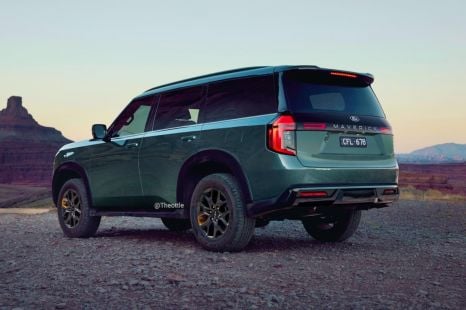

Ben Zachariah
Move over, Patrol: New-era Ford Maverick SUV imagined
12 Hours Ago
The NSW Government plans a significant expansion of public EV charging infrastructure as it invests in an updated EV strategy.

Marketplace Journalist
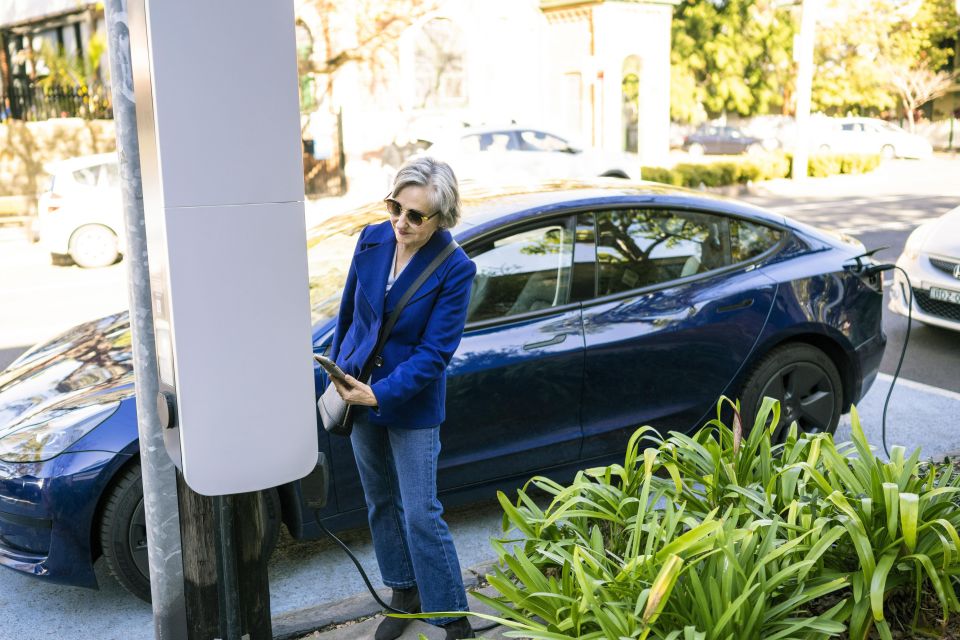

Marketplace Journalist
The peak body for car brands in Australia has welcomed the New South Wales Government’s commitment to the future of electric vehicles (EVs) and their required infrastructure in its 2024-25 State Budget.
The NSW Government has committed to increasing EV sales to more than 50 per cent of new cars sold in the state by 2030, which it expects will drive down the cost of transport and assist in meeting the state’s net zero emissions targets.
Funding has also been allocated for the expansion of state-wide EV infrastructure, which includes the installation of fast chargers and supporting fleets in acquiring EVs.
Federal Chamber of Automotive Industries (FCAI) CEO Tony Weber says the budget measures are a positive step towards the adoption of zero-emissions technology across NSW.
“By supporting the development of fast chargers, local government and business fleets, and EV infrastructure in key areas, this budget addresses crucial barriers to EV adoption,” he said.
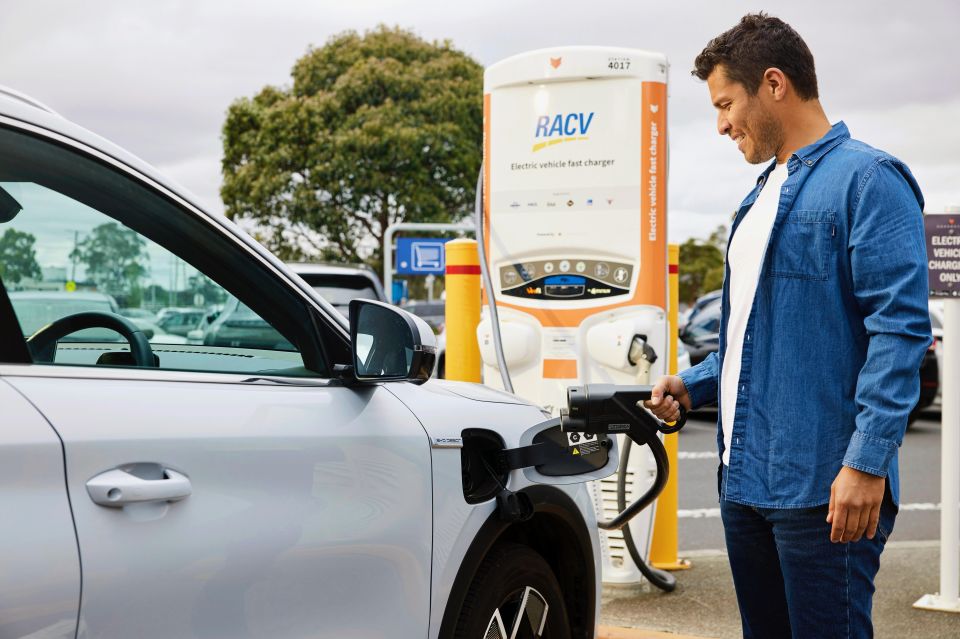
“The FCAI acknowledges the approach taken to ensure that both metropolitan and regional areas benefit from enhanced EV infrastructure,” Mr Weber added.
“We look forward to working with the NSW Government to support the successful implementation of these initiatives and to continue advocating for policies that promote cleaner, and low and zero-emission options for all Australians.”
The NSW Government’s commitment to electric vehicles includes a funding package aimed at expanding EV infrastructure, alongside a further $263.5 million to advance the rollout of the state’s updated EV Strategy.
The funding package in the State Government’s commitment includes the following:
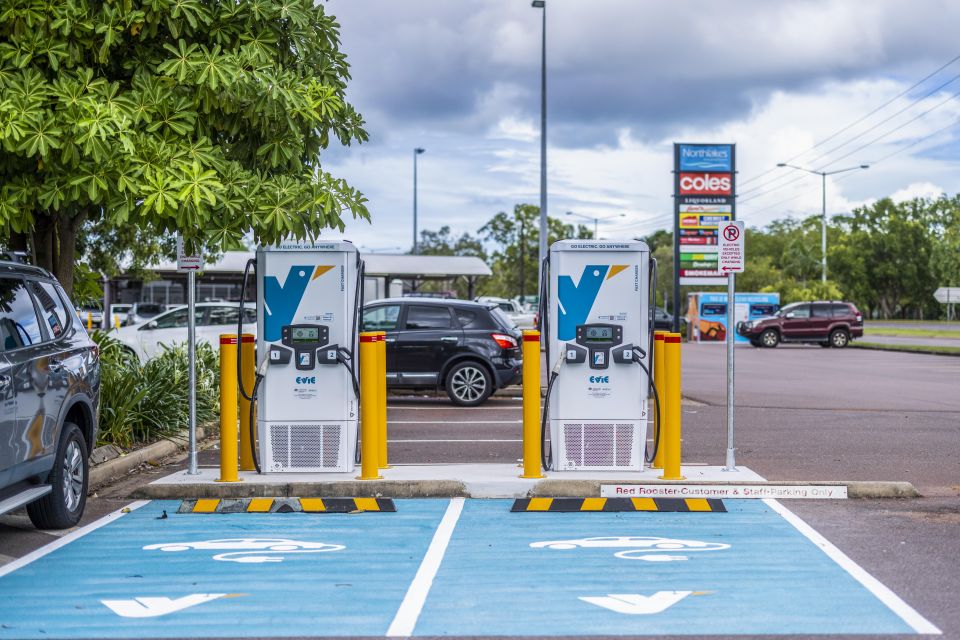
Under the previously announced EV Strategy, the Government said it wanted to transition its passenger fleet to EVs by 2030.
It also announced a $171 million investment in ultra-fast chargers; incentives and stamp duty exemptions for eligible EVs; and a distance-based road user charge.
However, the High Court in October 2023 struck down a road-user charge implemented by the Victorian Government, dooming planned charges in NSW and other states.
The NSW Government also announced last September it was ending EV rebates and stamp duty exemptions from January 1, 2024, arguing they “risk driving up the cost of EVs, resulting in increased profits to manufacturers”.
MORE: Australia’s largest kerbside EV charger rollout gets $4.1 million boost
Max Davies is a CarExpert journalist with a background in regional media, with a passion for Japanese brands and motorsport.


Ben Zachariah
12 Hours Ago
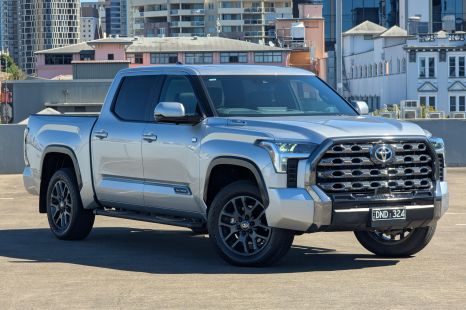

Damion Smy
13 Hours Ago
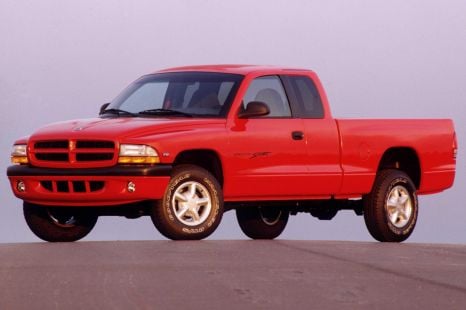

Derek Fung
14 Hours Ago
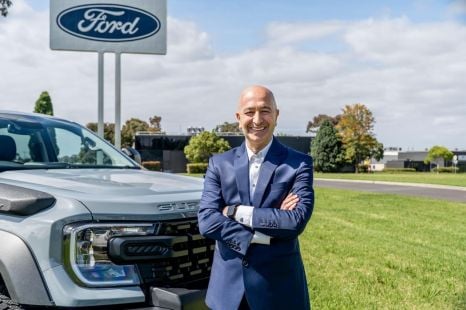

Ben Zachariah
14 Hours Ago
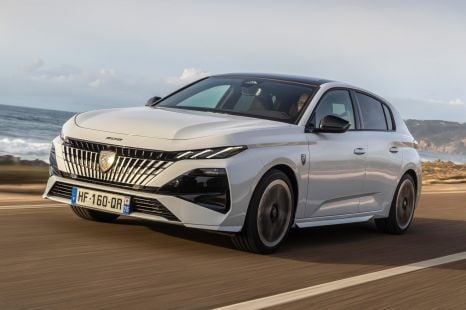

Matt Robinson
20 Hours Ago
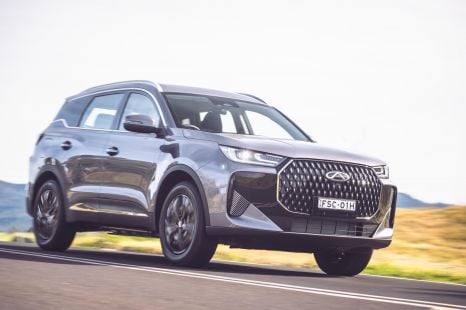

CarExpert.com.au
1 Day Ago